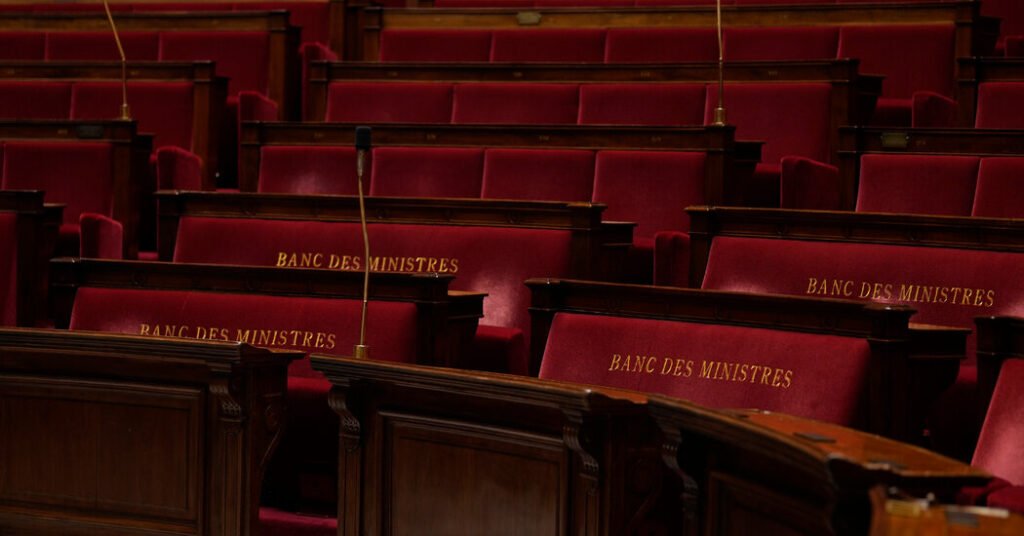Who would be prime minister, if he had the numbers? It would have to be a politician who could work with the centre-left, centre-right and right. Such a consensus figure is in short supply in French politics today. In any case, this would only be a temporary solution. A caretaker government would have little political legitimacy and would not be able to achieve much beyond passing a budget to buoy the economy. After a year (the minimum period the president can use his power of dissolution again under the constitution), Macron would almost certainly have to dissolve parliament and call new elections. We would be back to square one, but in a more unstable environment.
Overall, the prospects for a national unity government are not bright. Macron called on Sunday for a “great democratic-republican coalition” to defeat the Rally National, but spent more time railing against the left than the far right, a priority that might seem surprising. He is trying to lure center-left voters back to his centrist coalition by rejecting what he calls the “two extremes.” But Macron is deeply unpopular. Arguing that the left is as much of a threat as the far right might dissuade center-right voters from voting for the New Popular Front candidate in the runoff against the Rally National candidate. Their abstention could help elect far-right lawmakers.
They don’t need support. The Rally National is likely to emerge as the winner of the election, whether or not it wins a majority, by capitalizing on widespread disillusionment and anger. The party is now dominant in almost all strata of French society and in most regions of France. Only the big cities are resisting this enormous wave. The party leads in all age groups except 18-24, but also attracts considerable support from younger voters. It is strong among blue-collar and white-collar workers, employees and professionals. What is new is that retirees, Macron’s most loyal support base to date, shifted significantly to the far right in last month’s European elections.
A victory for the far-right is now within reach, but it seemed a long way off when Macron was first elected in 2017. Marine Le Pen’s National Rally then had just eight members in the National Assembly, a far cry from the 200-plus seats it will have on Sunday. Macron promised to protect France from right-wing extremism, but since coming to power he has copied the National Rally’s playbook, passing controversial legislation like the so-called separatism bill in 2021 that effectively expelled Muslims, and a hardline immigration bill passed last year with the support of the far-right. Far from defeating the far-right, Macron has instead paved the way for its success.
In some ways, it may be expected that the main political casualty of these difficult times will be Macron himself. Whatever happens on Sunday, it will be clear to everyone that his unnecessary gamble has gone spectacularly wrong and that he will bear the responsibility for the coming political turmoil. His authority will be greatly diminished both domestically and internationally, and his presidency will likely be all but destroyed. Pressure for his resignation will surely grow.

